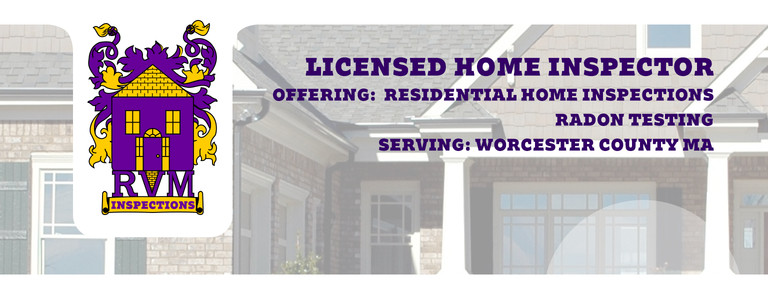 In the market for a new home? Purchasing a home is definitely something most people don’t do very often. So it’s easy to make mistakes. And when it comes to home buying, mistakes can be costly. Here are some of the most common errors made by first-time buyers:
In the market for a new home? Purchasing a home is definitely something most people don’t do very often. So it’s easy to make mistakes. And when it comes to home buying, mistakes can be costly. Here are some of the most common errors made by first-time buyers:
Home shopping before lining up your financing. Meeting with a mortgage lender is an essential first step before starting your home search. Without consulting with a mortgage company first, you aren’t going to know how much house you can afford or how much you’ll need to have for a down payment. And if you find a home you want to buy, most sellers today won’t work with buyers who don’t have their financing lined up. Work with a lender before you start looking at homes so you can demonstrate you’re ready to buy.
Looking for homes without a real estate agent. Don’t go it alone. You’ll want the experience and knowledge of a real estate agent on your side. An agent can provide another perspective on the home you are thinking about buying and help you avoid common home-buying mistakes. They can help you review your choices among available homes in your price range, answer questions about the home buying process and walk you through the steps toward your purchase.
Draining your savings account for your down payment. Many buyers want to put as much as possible down on their home purchase to lower their monthly payments and/or to reduce or eliminate mortgage insurance premiums. Just make sure you have enough cash remaining for unexpected expenses after you’ve bought your home. You’ll want to have cash on hand for emergencies and for the cost of homeownership.
Skipping the home inspection. Never skip a home inspection when buying a home, It’s that simple. A quality home inspection can reveal critical information about a home’s condition you’ll want to know before you sign on the dotted line. Home inspectors take a look at a wide range of home features and you’ll get an idea of the home’s overall condition, any costly repairs and safety issues and anything that will need to be addressed by you after move-in.
Making big purchases before closing day. Hold off on purchases of items such as furniture before you complete your home purchase. Avoid adding to your debt levels or using up large amounts of cash before closing day. Your home loan pre-approval is dependent on your current financial situation. Adding more debt or using up a large amount of your savings could put your home loan in jeopardy. Plus, this isn’t the time to be adding more financial obligations or draining your savings account.








